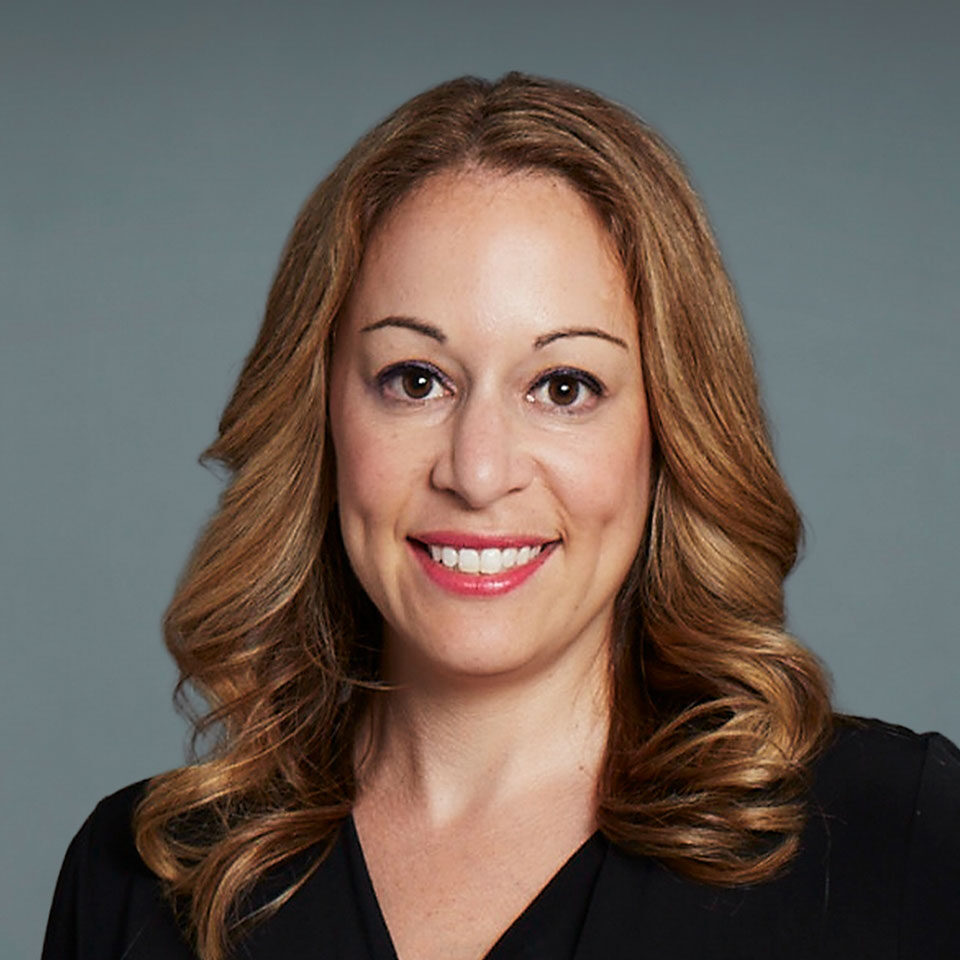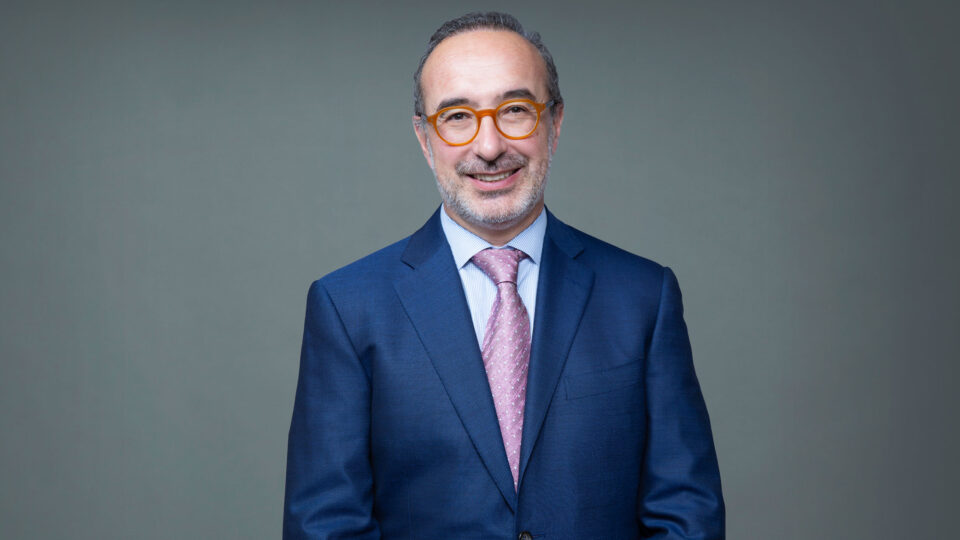A noted physician-researcher and population health expert, Stacy Loeb, MD, is interested in the impact of social media on men’s health decision-making. Her research quantifying the extent of misinformation across social media platforms has been published in BJU International, European Urology, Nature Reviews Urology, and Reviews in Urology. Here, Dr. Loeb shares how those research findings inform her clinical care and population health initiatives.
Physician Focus: Your research has revealed just how strongly social media impacts public understanding of urologic conditions. How have you and your colleagues approached that research?
Dr. Loeb: For as long as we’ve had social media, we’ve known it can be a powerful patient education tool—and a source of harmful misinformation. For several years we’ve worked to quantify misinformation around urologic conditions, finding substantial bias and erroneous information across multiple conditions and social media platforms.
In one study, for example, we found that out of 150 YouTube bladder cancer videos, 67 percent contained poor-quality information. Considering these videos reached more than 1.2 million people, that’s a concern. Similar findings have been reflected in our other studies, including high levels of biased and misinformative content about prostate cancer on YouTube, TikTok and Instagram.
Physician Focus: What does your research indicate about potential methods to combat urologic misinformation online?
Dr. Loeb: We’ve studied short- and long-term solutions to address the misinformation problem. Much of our focus has been on disseminating evidence-based information about urologic health conditions to increase engagement around vetted content and key research.
For example, with the Prostate Cancer Foundation, I launched a Prostate Cancer Journal Club on Twitter, where we engage in a global discussion with multidisciplinary audiences—scientists, providers, patients, and other stakeholders—around important research articles and findings.
Long-term, we have a collaboration with computer scientists at the University of Michigan, examining whether machine learning can be used to automatically detect misinformation about prostate cancer. If our algorithm could accurately identify misinformation in online content, this could be used to help provide a smarter search filter for health consumers.
Physician Focus: You’ve highlighted the downfalls of social media and medical information. Are there any benefits?
Dr. Loeb: When we can get high-quality, evidence-based information out to more patients and their families, social media offers enormous benefits in terms of education and empowerment.
Social media also offers healthcare providers a source of freely available content to understand unmet needs of patients and families and adjust our practice accordingly. For example, as part of a grant from the Department of Defense, we are investigating sexual health among partners of patients with prostate cancer. We’ve examined data from online health communities in which partners describe substantial changes in their sexual quality of life that weren’t addressed by physicians. This provides insights into gaps in care and future resources that may be helpful.
Physician Focus: You’ve been recognized for your leadership in research—you were awarded a Gold Cytoscope Award from the American Urological Association for research in prostate cancer screening and surveillance. As one of relatively few female leaders in urology research and care, how do you think the field can become more diverse?
Dr. Loeb: Currently only about 10 percent of practicing U.S. urologists are female. I strive to mentor young physicians and scientists interested in careers in medicine. While NYU Langone has relatively many female leaders in the specialty, there is still a lot of work to do to achieve gender equity in urology. Our group recently published a paper highlighting the substantial prevalence of so-called “manels,” or all-male panels, at major urology meetings. It’s important to define and quantify these issues to identify solutions.
Social media is helpful to raise awareness of the need for greater diversity in the field. A recent campaign has used the hashtag #ilooklikeaurologist to promote diversity and advocate for more inclusive policies in the field.
Physician Focus: What additional research questions in social media and urology are you exploring?
Dr. Loeb: Through another Department of Defense grant, our team is investigating disparities in online prostate cancer information. Although Black men have a higher risk of prostate cancer and death, we’ve found an under representation of Black adults in online prostate cancer content. We are currently studying whether this has an impact for clinical decision-making among Black men with prostate cancer.
Much of my research is inspired by the diversity of my patient population, whose care informs new research questions. At the same time, it’s very rewarding to bring research insights back to patients in the clinic to enhance the quality of their care.
Read more from our experts in Urology






